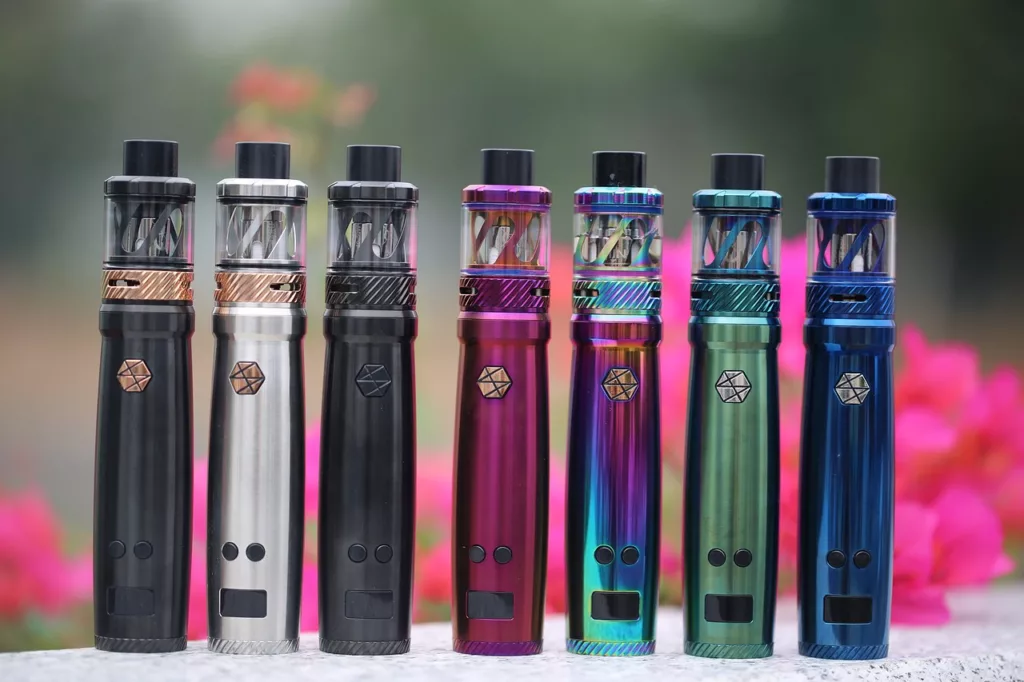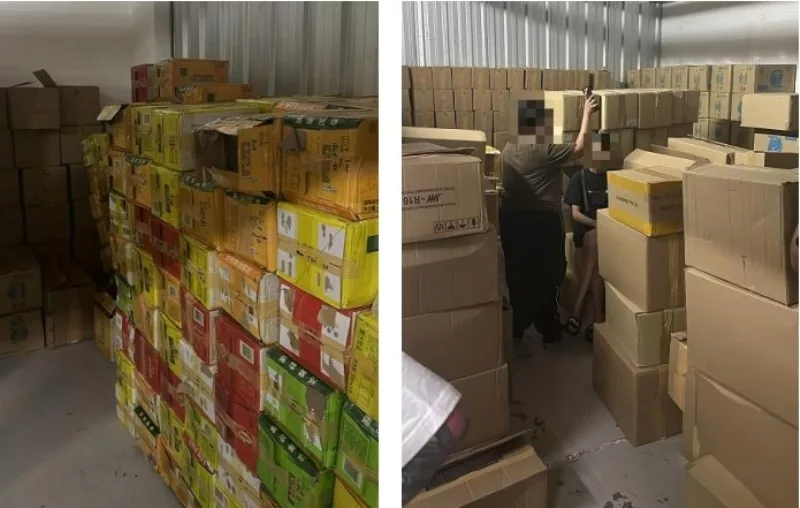Young people in Singapore are being drawn into a new role by criminal syndicates running the illegal vaping trade. They are asked to rent homes in their own names and then hand over the keys to organised groups that use the flats to store e-vaporisers. When raids happen, it is usually the tenants who are left to face the law, as per reports.

The scheme is simple. A tenant signs a proper lease agreement and collects payment upfront. Syndicates often pay a full year’s rent in advance, but in practice they stay for only about a month before moving on to another unit to escape detection. According to the Health Sciences Authority (HSA), feedback from the public has helped uncover at least eight such storage units since 2024.
A spokesperson said HSA has been watching the online space closely. “HSA has been actively tracking online listings, social media posts and messaging platforms 24/7 to detect and remove illegal advertisements and posts. We work with Telegram to remove e-vaporiser-related advertisements and also acted on public feedback, leading to the discovery of e-vaporiser storage units.” More than 600 Telegram groups carrying vape ads were taken down in 2024 alone.
Investigations by The Straits Times and Lianhe Zaobao in July revealed how openly the syndicates recruit people. Advertisements appear on Telegram and Instagram offering SGD 60 for attending a viewing and another SGD 1,000 once a lease is signed. The roles do not stop at renting. There are also openings for drivers, packers and fund handlers — all fronts for trafficking and money laundering.
One such recruiter, who called himself Jojo, was quoted by ST as saying that his team was looking for condominium units close to MRT stations and with side gates for easier access. “All you need to do is to show up at the property after we set up a viewing. You can sign the contract with the agent on the spot if everything goes well,” he explained. Tenants were asked to hand over their NRIC details and bank accounts. Payment came from what he described as a “clean” bank account.

The syndicates also encourage tenants to create cryptocurrency wallets, offering SGD 500 a month for control of the wallet compared to SGD 300 for access to a bank account. Once the lease is finalised, Jojo said, the tenant must send the keys by GrabExpress to an address provided by the group. After the keys are delivered, SGD 1,000 is transferred to the tenant’s account.
Grab has stated it has a zero-tolerance policy against such activities and said it will suspend or ban anyone found moving vapes. Lalamove also confirmed that transporting restricted goods is against its rules.
Another recruiter, who identified as Jerome, gave similar instructions. He said individuals could rent up to three units a month but would not need to come in contact with the vape supplies. Both Jojo and Jerome were later found to be working for the same syndicate.
The groups often use shell companies to cover their tracks. Many are registered under the construction trade. Jojo said, “We will draw up a contract for you as a cover. Basically, this contract will show that we hired you under a construction company. So, let’s say if something really happens, you can tell the police that you were hired by this company to rent units to house migrant workers.” He further claimed that in such a case the tenant could say he had not been paid and was a victim of a scam.
When confronted again in September, Jojo denied any involvement in the vaping trade. He described himself as a recruiter for a client in India and said he had no knowledge of how the rented properties were being used. This was in spite of audio recordings in which he had explained the operation in detail.
Records also showed that one of the advertisements traced back to a company once based in Singapore’s Central Business District. The firm was a client of a co-working office between May and July 2024 but its contract was terminated after it became linked to a police case. When reporters visited the home of the firm’s director, his family said they did not know where he was.
Large seizures between 2021 and 2024 suggest the involvement of well-organised crime groups. Authorities confiscated vapes worth SGD 2 million, SGD 5 million and SGD 6 million in separate hauls during this period. On September 10, the Central Narcotics Bureau (CNB) arrested eight young suspects aged 18 to 29 and seized more than 400 vape pods, some believed to contain the anaesthetic drug etomidate. Some of the items were found in a rental flat in Telok Blangah.

The Government has recently announced that agencies will be able to use tougher laws against such syndicates, including the Organised Crime Act, the Online Criminal Harms Act and the Corruption, Drug Trafficking and Other Serious Crimes Act.
A Ministry of Home Affairs spokesperson said, “The inclusion of these vaping offences under the OCA, OCHA and CDSA will strengthen the actions that can be taken against vape-related organised crime activity, such as the disruption of online content that advertises e-vaporisers to users in Singapore and confiscation of proceeds from e-vaporiser sales.”
Lawyers say this will allow enforcement to go after financiers and masterminds rather than only street-level sellers. Roy Paul Mukkam of A.W. Law noted that authorities had seized more than SGD 41 million worth of vapes between January 2024 and March 2025. “This isn’t petty smuggling any more. It has all the hallmarks of organised crime,” he said.
Veteran lawyer Ramesh Tiwary added that syndicates could be deliberately flooding the market to create new addicts. “It is business to them, and of course if they can increase their customer base, it will make sense to them,” he explained.
While penalties for vaping offences are already strict, lawyers note that the profit margins are high compared with the risks, which remain lower than those for drug trafficking. As long as demand continues, the illegal trade in vapes in Singapore is unlikely to fade away soon.


